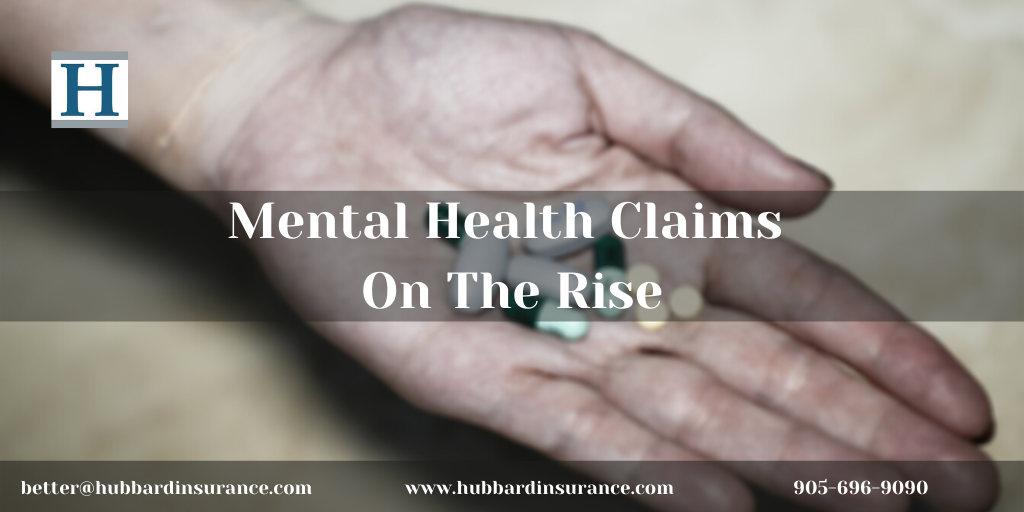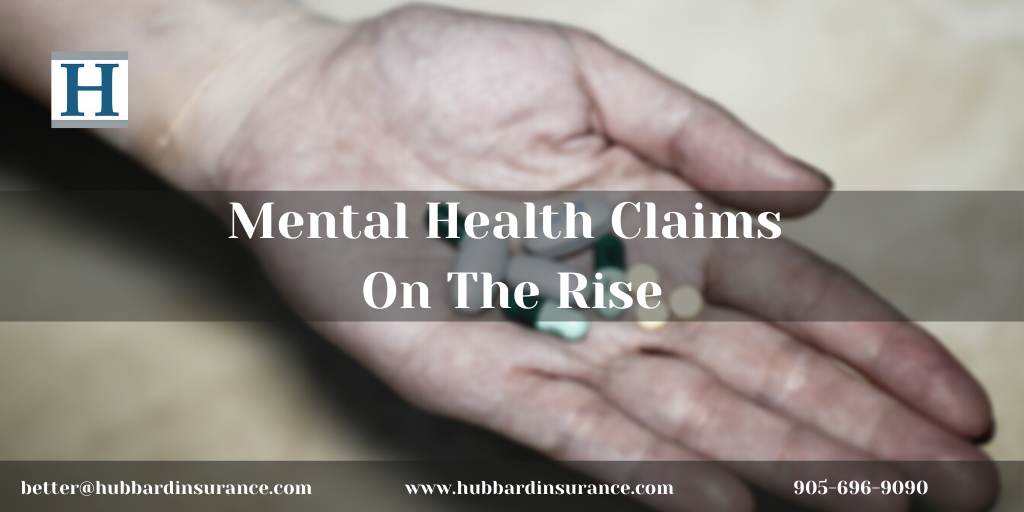Mental Health Claims On The Rise

It is no secret that the impacts of the coronavirus are far-reaching and have been devastating for many. Not only have the effects been felt physically, but data suggests that there has been a major increase in claims for medications that treat mental health issues; particularly depression and anxiety.
In fact, according to Express Scripts Canada, claims for mental health related medication by the end of August of this year have almost surpassed the same type of claims for the entirety of 2019.
Laura Blair, a director at Express Scripts Canada, stated on a webinar that “For the remainder of 2020, there will be a heightened awareness on employee well-being.” She continued, “Depression is a condition that generally requires longer-term treatment, so these claims will persist and employers will need to consider holistic approaches to care.”
One of the main takeaways from this study has been that, when it comes to the aforementioned claims, there haven’t been any spikes. Instead, experts have seen a gradual increase. Erica Hatherly, a senior manager at Express Scripts Canada, concluded that “This might speak to the fact that depression has an enduring effect as it relates to the longevity of that self-isolation phase.”
Though the data suggests an even divide between male and female claimants, it is clear that those who are hit by this the most are aged between 20 and 35.
Hatherly further stated that “We also know that other factors contribute significantly to mental health, including financial and workplace stability, and those could also work into those differences that we saw.”
Another subsection of the population that has been affected greatly by the pandemic are those with asthma and those who are currently on chronic obstructive pulmonary disease medications. According to Benefits Canada, “supplies of salbutamol, which is used to treat both conditions, were allocated to hospitals, forcing manufacturers to deliver minimum quantities to pharmacies, which Blair said caused a domino effect.”
With so many people being affected in such a multitude of ways, it is important to take advantage of any and all available resources that might help. Employers are further incorporating mental health services into their benefits plans for the foreseeable future due to the nature of these issues.
While claims for medication are increasing, there isn’t any data to suggest that more people are seeing therapists to help with their anxiety and depression.
This could be for two reasons.
Firstly, it is possible that larger parts of the population are in fact seeking help for their mental health and that the data just hasn’t caught up with this.
However, it is more likely that though people require help, they do not have the resources to get that help. This is where employers must step in.
In the near future, any benefits plan that does not comprehensively cover mental health will be considered antiquated. The stigma around mental health is slowly dissipating and the time is now to act.
Often times, employers might be wary of adding further coverages to their existing plans due to the increase in cost. Mental health coverages, though, are already incorporated into general health care and therefore any additional costs are minimal.
If your organization does not comprehensively cover mental health, contact one of our licensed experts today at
